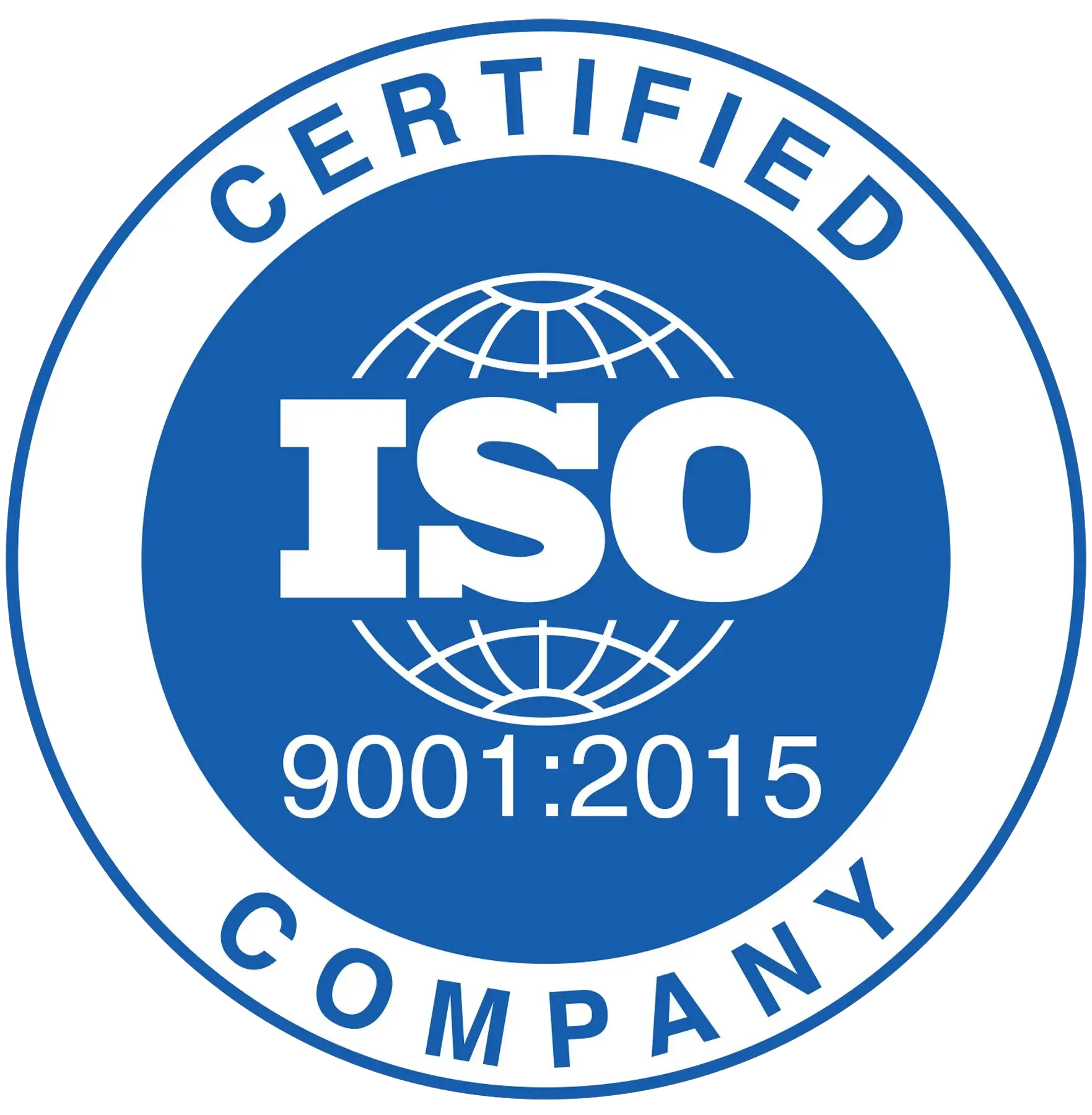As the world increasingly shifts towards environmentally conscious practices, sustainable fertilizers have emerged as a key solution to improve agricultural productivity while minimizing harm to the planet.
Unlike traditional fertilizers, which often rely on synthetic chemicals, sustainable fertilizers prioritize eco-friendly materials and techniques that promote soil health and reduce the carbon footprint of farming.
What Are Sustainable Fertilizers?
Sustainable fertilizers are natural or organic substances used to enhance soil fertility and boost crop yields without depleting the earth’s resources. They are designed to reduce environmental harm, prevent soil degradation, and support biodiversity.
Unlike conventional fertilizers, which can lead to soil erosion, water pollution, and greenhouse gas emissions, sustainable fertilizers help improve soil structure, water retention, and overall ecosystem health.
Benefits of Sustainable Fertilizers
- Environmental Protection
Sustainable fertilizers are an environmentally-friendly alternative to synthetic fertilizers. By reducing harmful chemical runoff, they help protect water bodies from pollution and prevent the depletion of vital nutrients in the soil. - Soil Health
Over time, synthetic fertilizers can degrade soil health by reducing its organic matter and disrupting the balance of microbes. In contrast, sustainable fertilizers often contain organic matter and microorganisms that enhance soil fertility, structure, and biodiversity. - Improved Crop Yield
While sustainable fertilizers focus on long-term soil health, they also support strong, healthy crop growth. By replenishing essential nutrients, they help farmers achieve better yields without compromising environmental integrity. - Reduced Greenhouse Gas Emissions
Sustainable fertilizers are often produced using less energy and fewer harmful chemicals than conventional fertilizers, leading to a reduction in greenhouse gas emissions and supporting climate change mitigation efforts.
Types of Sustainable Fertilizers
- Compost and Organic Matter
Compost is a rich source of nutrients derived from decomposed organic materials such as plant matter, manure, and kitchen scraps. It helps to restore soil fertility by adding organic matter, improving water retention, and encouraging beneficial microbial activity. - Animal Manure
Animal manure is a traditional sustainable fertilizer used in organic farming. It provides essential nutrients such as nitrogen, phosphorus, and potassium, along with trace minerals that are essential for plant growth. Manure is also beneficial for improving soil structure and water retention. - Green Manure
Green manure involves growing specific crops, such as legumes, which are plowed into the soil to add nitrogen and organic matter. This method enhances soil health and provides a natural, sustainable fertilizer alternative to chemical additives. - Bio-based Fertilizers
Bio-based fertilizers include products made from renewable biological sources, such as algae, seaweed, and microbial cultures. These fertilizers provide slow-release nutrients, improve soil structure, and help maintain a balanced nutrient cycle. - Biochar
Biochar is a form of charcoal produced from organic waste, such as plant residues. It is used to improve soil fertility, increase water retention, and store carbon, making it a highly sustainable option for long-term agricultural practices.
Challenges and Considerations
While sustainable fertilizers offer numerous benefits, there are a few challenges to consider. Organic fertilizers typically release nutrients more slowly than synthetic alternatives, which can result in slower plant growth in the short term.
Additionally, sourcing and applying these fertilizers may require more labor and time compared to conventional fertilizers. Farmers must also be mindful of balancing the use of sustainable fertilizers with crop-specific needs, ensuring that nutrient levels are optimized for each type of plant.
The Future of Sustainable Fertilizers
The future of sustainable fertilizers looks promising as technology and innovation continue to advance. With the increasing demand for environmentally-friendly farming practices, research and development are focused on creating more efficient, cost-effective, and scalable organic fertilizers.
By promoting sustainable fertilization techniques and supporting organic farming practices, we can move towards a greener, healthier agricultural system.
QH Agritech can help you find the best way to implement agricultural systems. We also create an ecosystem where agribusiness players from various sectors can collaborate and support one another.
With this ecosystem, agricultural practitioners can grow sustainably, expand market reach, and create a greater impact on both the local and global economy.
Join QH Agritech and unlock the potential of your agribusiness!







